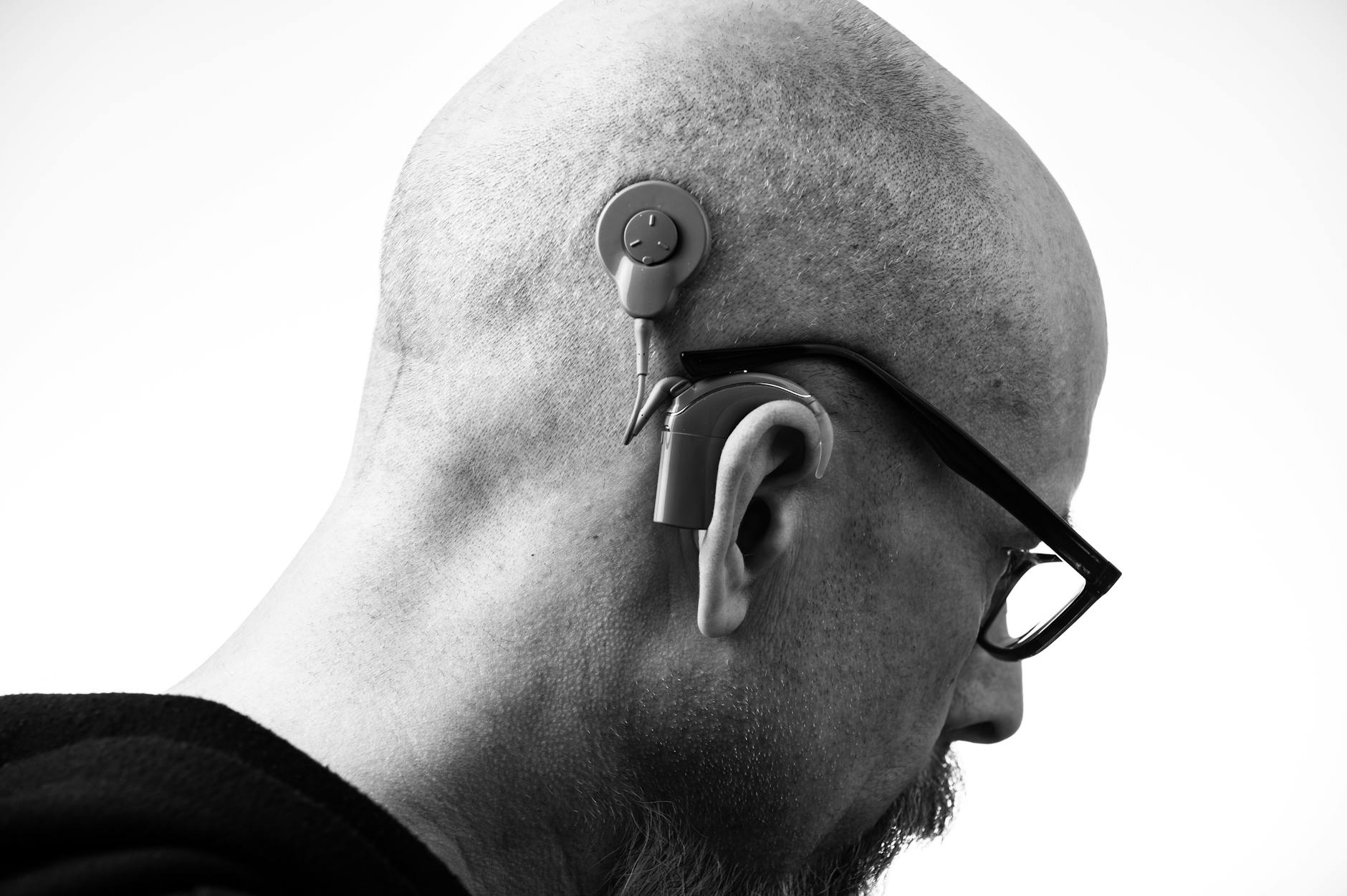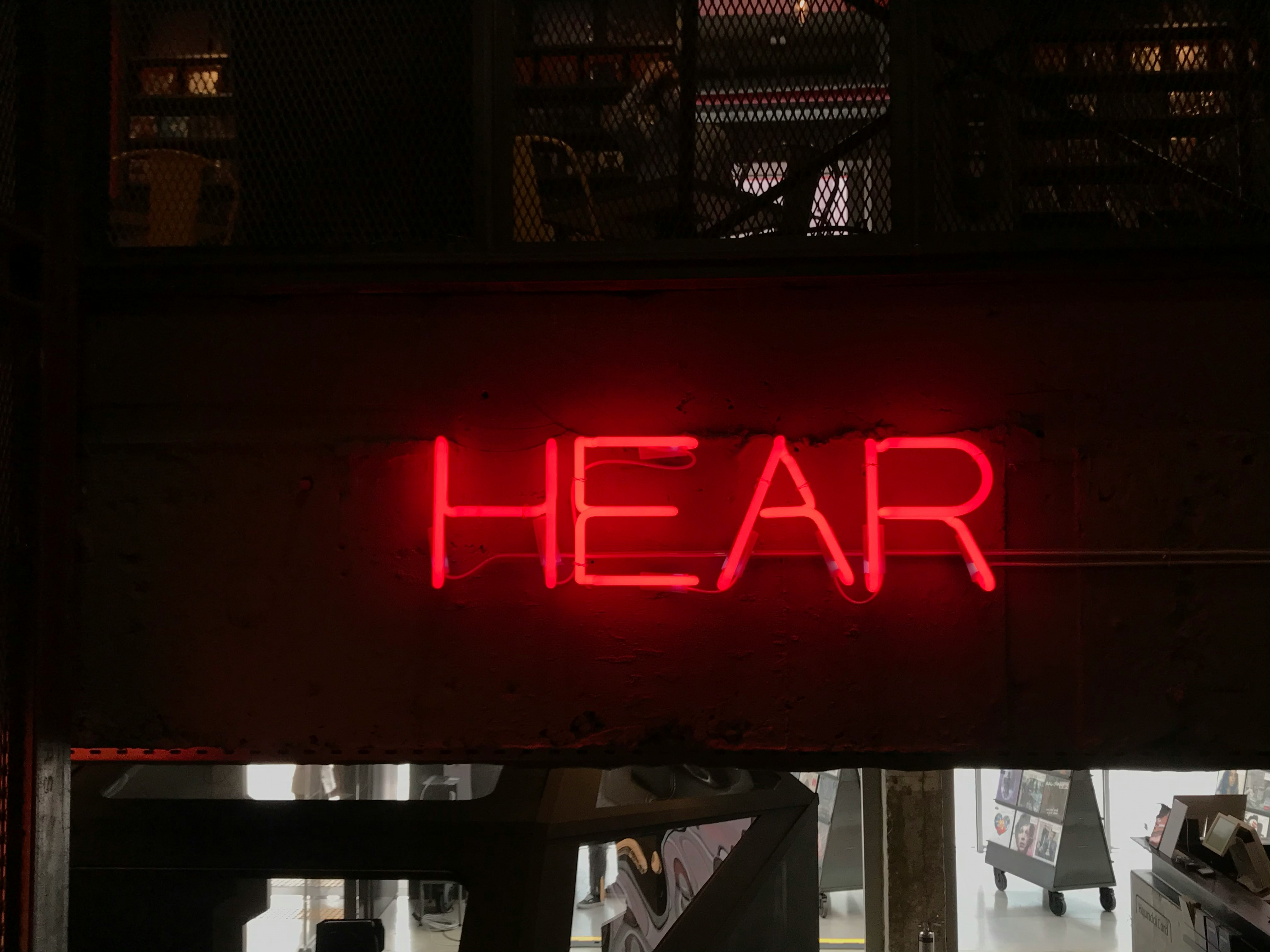Lede: If you manage your blood sugar, you’re already protecting your eyes, kidneys, and nerves. Your ears deserve a spot on that list. Diabetes and even prediabetes can quietly chip away at hearing and stir up tinnitus. The good news: the same habits that tame glucose can also help your ears. Let’s connect the dots—and build a daily routine your future hearing will thank you for.
Why diabetes can affect your hearing
Your inner ear (the cochlea) is a tiny energy machine. It runs on delicate blood supply and precise nerve signals. Chronic high blood sugar can strain both, raising the risk of sensorineural hearing loss (the most common, permanent type) and sometimes tinnitus.
Blood vessels under pressure
Diabetes can damage small blood vessels throughout the body (microangiopathy). Inside the cochlea, these vessels deliver oxygen and nutrients to hair cells that convert sound into electrical signals. When vessels stiffen or narrow, hair cells become vulnerable—especially to everyday noise and oxidative stress.
Nerves that carry sound
Diabetic neuropathy isn’t just for feet. The auditory nerve and synapses that pass sound from the ear to the brain can be affected. That can show up as muffled speech, difficulty in noisy places, or "I hear you but I can’t understand you."
Inflammation and oxidative stress
Frequent glucose spikes can fuel inflammation and oxidative stress, which the inner ear really dislikes. Over time, these hits can add up to measurable hearing changes—sometimes before your standard audiogram looks alarming.
Common co-travelers: BP, cholesterol, smoking, sleep
Many people with diabetes also juggle high blood pressure, lipid issues, smoking history, or sleep apnea. Each of these adds extra risk for hearing damage. The stack effect matters: the more risk factors you calm, the better your odds of preserving hearing.
How common is it?
Large population studies suggest adults with diabetes are roughly twice as likely to have hearing loss compared with those without diabetes. Even prediabetes carries elevated risk. Translation: if glucose is on your radar, your hearing should be too.
Early signs to watch (and when to act)
Hearing changes are often sneaky. Tune in for:
- Speech sounds fuzzy or "swallowed," especially with background noise.
- You turn up the TV while others complain it’s loud.
- Ring, hiss, or buzz (tinnitus) after a normal day—no loud concert required.
- "Good days" and "bad days" where clarity fluctuates, often worse when you’re fatigued or glucose swings.
If these sound familiar, schedule a hearing evaluation. A baseline test now makes it much easier to spot small changes later.
Protect your hearing—diabetes edition
1) Manage your numbers with your ears in mind
- Aim for steady glucose. Time-in-range reduces inflammatory spikes that can stress tiny cochlear vessels.
- Prioritize blood pressure and lipids. Heart-healthy is ear-healthy.
- Move most days. Activity improves circulation to the inner ear and brain.
- Choose ear-friendly nutrition. A Mediterranean-style pattern (colorful plants, fish, nuts, olive oil, whole grains) supports vascular health. Hydrate; your inner ear’s fluid balance notices.
- If you’ve used metformin long-term, ask your clinician about checking vitamin B12 periodically. B12 deficiency can worsen neuropathy; keeping levels adequate is a smart move for nerve health.
2) Control the controllable noise
- Keep most listening under ~80 dB. If you need raised voices to talk, it’s loud. Limit time or protect.
- Use hearing protection for power tools, lawn equipment, concerts, stadiums, and busy fitness studios. Foam earplugs can reduce exposure by 15–30 dB when properly inserted.
- Double up (earplugs + earmuffs) for very loud tasks like leaf blowers or shooting ranges.
- Lean on tech: choose noise-cancelling headphones so you can listen at lower volumes.
3) Medications check-in
Some medicines increase hearing risk, especially in combination or at high doses—think certain chemotherapy drugs, intravenous aminoglycoside antibiotics, or loop diuretics (e.g., furosemide). Never stop a prescribed medication, but do ask your prescriber or pharmacist about ear-related risks and safer alternatives if you’re on higher-risk meds.
4) Build hearing care into diabetes care
- Get a baseline hearing test if you have diabetes or prediabetes, then recheck annually or as advised.
- If you use a continuous glucose monitor or insulin pump that connects to your phone, consider pairing with hearing aids that integrate well with your device ecosystem—you’ll streamline alerts and calls without cranking volume.
- Tell your audiologist you have diabetes. They can tailor follow-ups, counsel on noise, and watch for subtle changes.
Tinnitus and diabetes: why it happens and what helps
Tinnitus is common in people with metabolic or vascular conditions. It can flare with stress, caffeine, poor sleep, or big glucose swings.
Helpful strategies:
- Stabilize sleep. Treat possible sleep apnea and aim for regular sleep-wake times; both can calm tinnitus intensity.
- Sound enrichment. Gentle background sound (fans, nature tracks, low-level music) can make tinnitus less intrusive.
- Mind–ear tools. Cognitive behavioral therapy (CBT), mindfulness, and attention-shifting techniques reliably reduce tinnitus distress for many people.
- Check hearing. Treating even mild hearing loss with appropriately fitted hearing aids can reduce tinnitus loudness or annoyance in many cases.
If you already have hearing loss
There’s a lot you can do to stay connected and safe:
- Consider hearing aids sooner rather than later. Treating hearing loss can improve communication, reduce listening effort, and may support cognitive health. Modern devices handle noise better, stream phone audio, and can be fine-tuned for comfort.
- Ask about remote care. Many clinics offer tele-audiology for fine-tuning—handy if mobility or glucose management makes travel tricky.
- Pair hearing support with other protections. Keep noise exposure modest, manage vascular risks, and stay active for brain and balance health.
- Practice communication strategies: face the talker, reduce background noise, caption your TV, and use assistive mics in restaurants or meetings.
Your ear-safe daily routine
- Morning: Quick check—how’s my hearing today? Any new ring or fullness? Note if a noisy day is ahead and pack earplugs.
- Daytime: Keep headphone volume reasonable; take sound breaks every hour in noisy spaces.
- Meals: Build half your plate with colorful plants; add protein and healthy fats to blunt glucose spikes.
- Activity: Take a 10–15 minute walk after meals to support glucose and circulation.
- Evening: Wind down with calming sound if tinnitus flares; aim for consistent sleep timing.
- Weekly: Glance at your glucose patterns. Are big swings tied to louder tinnitus or tougher listening days? Adjust and observe.
- Quarterly: Review meds and supplements with your clinician or pharmacist for ear-related risks.
- Annually: Schedule a hearing test, eye exam, and foot check—three pillars of diabetes self-care.
When to call a pro
- Sudden hearing loss in one or both ears (over hours to a couple of days) is an emergency. Seek urgent medical care—ideally within 24–72 hours.
- Persistent ear fullness, drainage, or pain.
- Rapid changes in tinnitus, new dizziness, or balance problems.
For ongoing care, team up with an audiologist for hearing testing and an ENT or your primary care clinician for medical evaluation. If you wear hearing aids, regular clean-and-check visits keep them performing their best.
The bottom line
Diabetes doesn’t doom your hearing—but it does raise the stakes. The same choices that protect your eyes and heart protect your inner ear: steady glucose, smart noise habits, heart-healthy living, and routine hearing checks. Start small, stay curious, and let your care team help you craft an ear-friendly plan that fits real life.
Need a place to start? Book a baseline hearing test with a licensed audiologist and bring your recent A1c and medication list. You’ll leave with a clear picture and a plan.
Further Reading
- Long COVID and Your Hearing: What We Know (and What to Do Next) (Research) - Your Blood Pressure Talks to Your Ears: The Heart–Hearing Connection You Can Improve Today (Hearing Loss) - Your Medicine, Your Ears: Preventing Drug‑Induced Hearing Loss (Hearing Loss) - When Sleep Talks to Your Ears: Apnea, Insomnia, and the Circadian Cochlea (Research)Frequently Asked Questions
Does diabetes cause hearing loss?
Diabetes is linked to a higher risk of sensorineural hearing loss—likely through damage to tiny blood vessels and nerves in the inner ear. Not everyone with diabetes develops hearing problems, but the odds are higher compared with people without diabetes. Managing glucose, blood pressure, and noise exposure can help lower your risk.
Can prediabetes affect my hearing?
Yes. Studies suggest even prediabetes is associated with increased risk of hearing changes. It’s a great time to get a baseline hearing test, focus on steady glucose, and build ear-safe habits now.
Will improving my A1c reverse hearing loss?
Most diabetes-related hearing loss is sensorineural, which is typically permanent. However, better glucose control may prevent further decline, reduce day-to-day listening strain, and sometimes make tinnitus less intrusive. If a new hearing drop occurs suddenly, seek urgent medical care.
Are hearing aids safe with insulin pumps or CGMs?
Yes. Hearing aids commonly coexist with insulin pumps and continuous glucose monitors. Many modern hearing aids can also stream alerts and calls from your smartphone. Your audiologist can help you pick devices that play nicely with your diabetes tech.



